Unveiling the Secrets to Radiant Skin: Top 5 Beauty Products for a Glowing Complexion
Related Articles: Unveiling the Secrets to Radiant Skin: Top 5 Beauty Products for a Glowing Complexion
Introduction
With great pleasure, we will explore the intriguing topic related to Unveiling the Secrets to Radiant Skin: Top 5 Beauty Products for a Glowing Complexion. Let’s weave interesting information and offer fresh perspectives to the readers.
Table of Content
Unveiling the Secrets to Radiant Skin: Top 5 Beauty Products for a Glowing Complexion
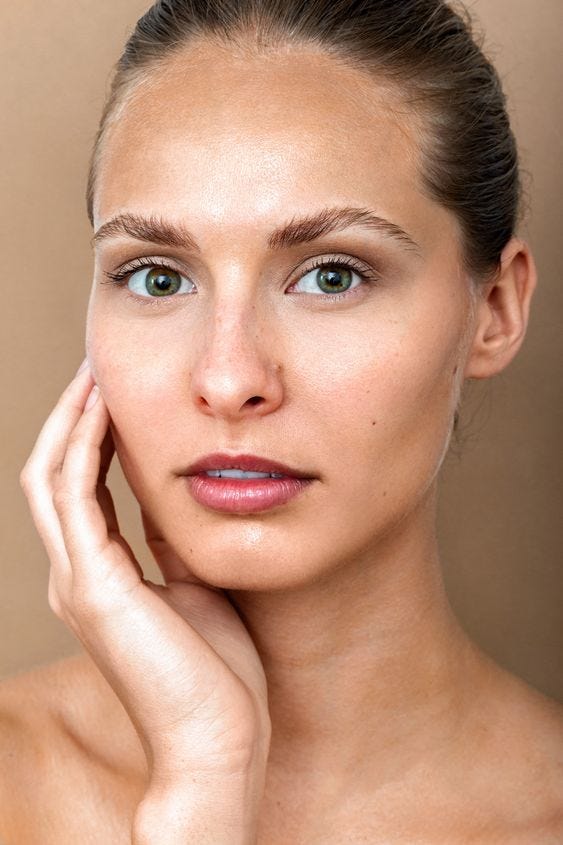
Achieving a luminous, healthy complexion is a common beauty goal, and numerous products promise to deliver that coveted glow. However, navigating the vast landscape of skincare can be overwhelming. This article delves into the top five beauty products renowned for their ability to enhance skin radiance, offering a comprehensive guide to achieving a naturally luminous look.
1. Vitamin C Serum: A Brightening Powerhouse
Vitamin C, a potent antioxidant, is a cornerstone of many skincare routines. Its ability to combat free radical damage, a primary contributor to dullness and uneven skin tone, makes it a powerful ally in the pursuit of radiant skin.
Benefits:
- Reduces Hyperpigmentation: Vitamin C inhibits melanin production, fading dark spots and uneven pigmentation, resulting in a more even complexion.
- Boosts Collagen Synthesis: This vital protein contributes to skin elasticity and firmness, reducing the appearance of fine lines and wrinkles, contributing to a youthful glow.
- Protects Against Sun Damage: Vitamin C acts as a natural sunscreen, mitigating the damaging effects of UV rays and preventing further pigmentation issues.
Application:
Apply a vitamin C serum to cleansed skin in the morning, followed by moisturizer and sunscreen.
FAQs:
- What type of vitamin C serum is best? Look for serums containing L-Ascorbic Acid, the most stable and effective form of vitamin C.
- How often should I use vitamin C serum? Use it once or twice daily, depending on your skin’s sensitivity.
- Can I use vitamin C serum at night? While it can be used at night, its efficacy is maximized when applied in the morning.
Tips:
- Start with a low concentration: Begin with a 5-10% vitamin C serum and gradually increase the concentration as your skin tolerates it.
- Store it properly: Vitamin C is sensitive to light and air, so store your serum in a cool, dark place.
- Combine it with other ingredients: Vitamin C synergizes well with other brightening ingredients like niacinamide and retinol.
2. Retinol: The Anti-Aging Wonder
Retinol, a derivative of vitamin A, is renowned for its anti-aging prowess. Its ability to stimulate collagen production and accelerate cell turnover makes it a sought-after ingredient for achieving a youthful glow.
Benefits:
- Reduces Fine Lines and Wrinkles: Retinol promotes collagen production, smoothing out fine lines and wrinkles, resulting in a plumper, more youthful appearance.
- Improves Skin Texture: Retinol stimulates cell turnover, removing dead skin cells and revealing smoother, brighter skin.
- Reduces Acne and Breakouts: Retinol regulates sebum production, minimizing breakouts and improving overall skin clarity.
Application:
Apply a retinol product to cleansed skin in the evening. Start with a low concentration and gradually increase as your skin adapts.
FAQs:
- What type of retinol product is best? Choose a product with a low concentration of retinol, such as 0.01% or 0.03%, and gradually increase as needed.
- How often should I use retinol? Start with one to two times a week and gradually increase to every other night or nightly, depending on your skin’s tolerance.
- Can I use retinol with other products? Retinol can be used in conjunction with other skincare products, but it’s essential to introduce them gradually to avoid irritation.
Tips:
- Start slowly: Begin with a low concentration and gradually increase the frequency of use.
- Use sunscreen: Retinol increases skin sensitivity to the sun, making it crucial to wear sunscreen daily.
- Hydrate your skin: Retinol can be drying, so ensure you use a hydrating moisturizer.
3. Hyaluronic Acid: The Moisture Magnet
Hyaluronic acid is a naturally occurring substance found in the skin. Its ability to attract and retain moisture makes it a powerful hydrating agent, contributing to a plump, dewy complexion.
Benefits:
- Hydrates and Plumps Skin: Hyaluronic acid draws moisture from the air and binds it to the skin, resulting in a plump, hydrated, and youthful appearance.
- Reduces Fine Lines and Wrinkles: By plumping the skin, hyaluronic acid minimizes the appearance of fine lines and wrinkles, contributing to a smoother complexion.
- Improves Skin Elasticity: Adequate hydration is crucial for skin elasticity, and hyaluronic acid helps maintain optimal moisture levels, promoting a supple and youthful look.
Application:
Apply hyaluronic acid serum to cleansed skin before moisturizer.
FAQs:
- What type of hyaluronic acid serum is best? Look for serums with a high molecular weight hyaluronic acid, which attracts moisture from the environment, and low molecular weight hyaluronic acid, which penetrates deeper into the skin.
- How often should I use hyaluronic acid serum? Use it once or twice daily, depending on your skin’s needs.
- Can I use hyaluronic acid serum with other products? Hyaluronic acid is compatible with most skincare products.
Tips:
- Apply it to damp skin: Hyaluronic acid works best when applied to damp skin, allowing it to attract and retain moisture.
- Layer it with moisturizer: Follow hyaluronic acid with a moisturizer to seal in the hydration and prevent moisture loss.
- Use it in the morning and evening: Hyaluronic acid can be used both in the morning and evening for optimal hydration.
4. Niacinamide: The All-Around Hero
Niacinamide, a form of vitamin B3, is a versatile skincare ingredient with numerous benefits for achieving a radiant complexion.
Benefits:
- Reduces Redness and Inflammation: Niacinamide has anti-inflammatory properties, calming redness and irritation, and improving skin clarity.
- Controls Oil Production: Niacinamide regulates sebum production, minimizing breakouts and promoting a balanced complexion.
- Improves Skin Texture: Niacinamide strengthens the skin barrier, reducing roughness and improving overall skin texture.
Application:
Apply a niacinamide serum or moisturizer to cleansed skin in the morning or evening.
FAQs:
- What type of niacinamide product is best? Look for products with a concentration of 2-5% niacinamide.
- How often should I use niacinamide? Use it once or twice daily, depending on your skin’s tolerance.
- Can I use niacinamide with other products? Niacinamide is compatible with most skincare products, including retinol and vitamin C.
Tips:
- Introduce it gradually: Start with a low concentration and increase as your skin tolerates it.
- Use it with a moisturizer: Niacinamide can be drying, so use it with a moisturizer to maintain skin hydration.
- Consider its benefits for acne-prone skin: Niacinamide is a great option for those with acne-prone skin due to its oil-regulating and anti-inflammatory properties.
5. Chemical Exfoliants: The Skin Resurfacing Specialists
Chemical exfoliants, such as AHAs (alpha hydroxy acids) and BHAs (beta hydroxy acids), gently remove dead skin cells, revealing brighter, smoother skin underneath.
Benefits:
- Exfoliates Dead Skin Cells: Chemical exfoliants dissolve the bonds that hold dead skin cells together, promoting cell turnover and revealing a fresh, radiant complexion.
- Improves Skin Texture: By removing dead skin cells, chemical exfoliants improve skin texture, reducing roughness and promoting a smoother, more even surface.
- Unclogs Pores: Chemical exfoliants can penetrate into pores, dissolving sebum and debris, reducing breakouts and promoting clearer skin.
Application:
Use chemical exfoliants 1-2 times a week, depending on your skin’s sensitivity.
FAQs:
- What type of chemical exfoliant is best? AHAs are effective for surface exfoliation, while BHAs are better for deep exfoliation and addressing acne.
- How often should I use chemical exfoliants? Start with once a week and gradually increase to two to three times a week, depending on your skin’s tolerance.
- Can I use chemical exfoliants with other products? Chemical exfoliants can be used with other skincare products, but introduce them gradually to avoid irritation.
Tips:
- Start slowly: Begin with a low concentration and gradually increase the frequency of use.
- Use sunscreen: Chemical exfoliants increase skin sensitivity to the sun, making it crucial to wear sunscreen daily.
- Listen to your skin: Pay attention to your skin’s reaction and adjust the frequency of use accordingly.
Conclusion
Achieving a radiant complexion is a journey that involves consistent effort and a tailored approach. By incorporating these top five beauty products into your skincare routine, you can unlock the secrets to a naturally luminous glow. Remember to choose products suited to your skin type and concerns, and introduce them gradually to allow your skin to adapt. With patience and the right products, you can unveil the radiant beauty that lies within.
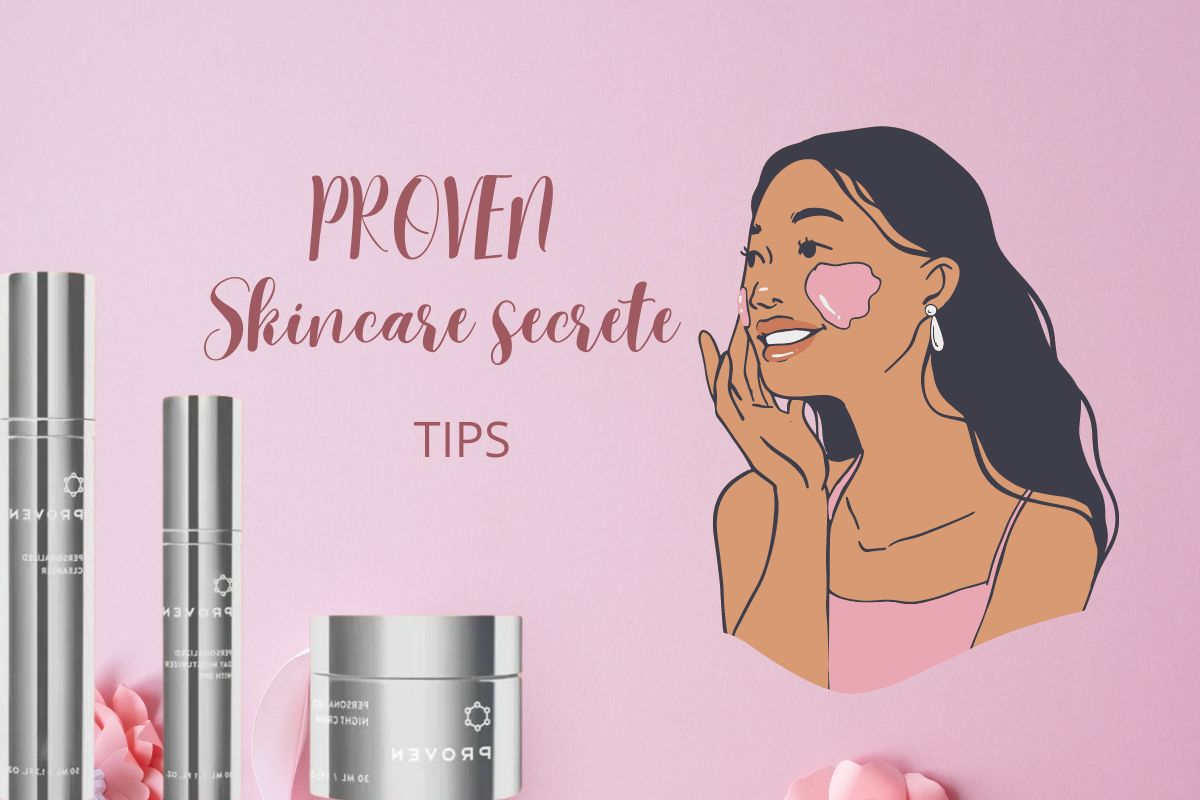

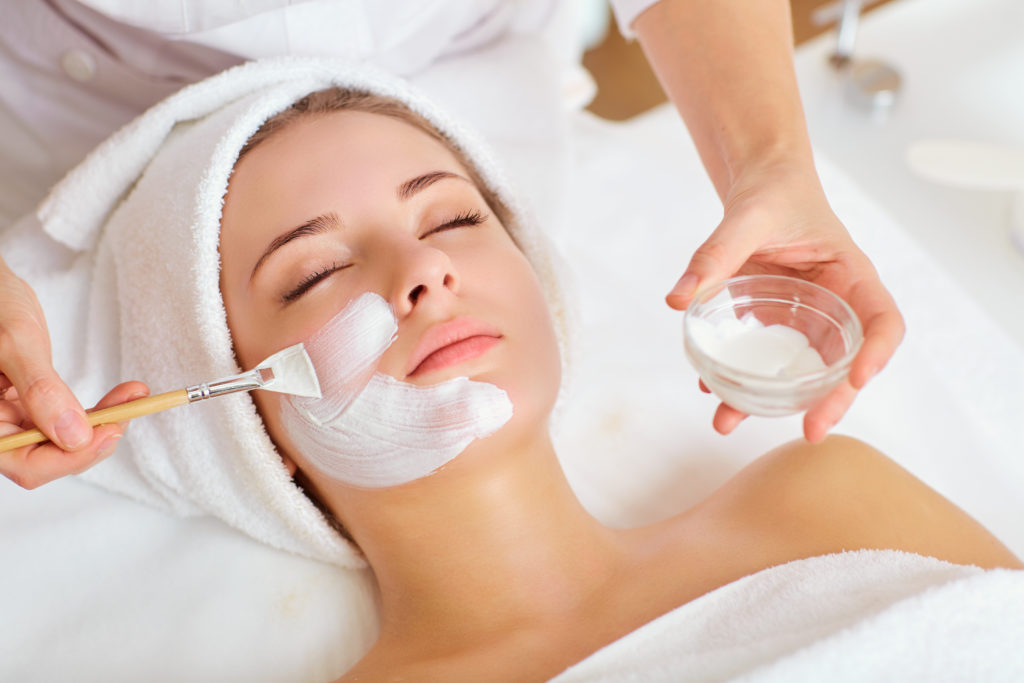
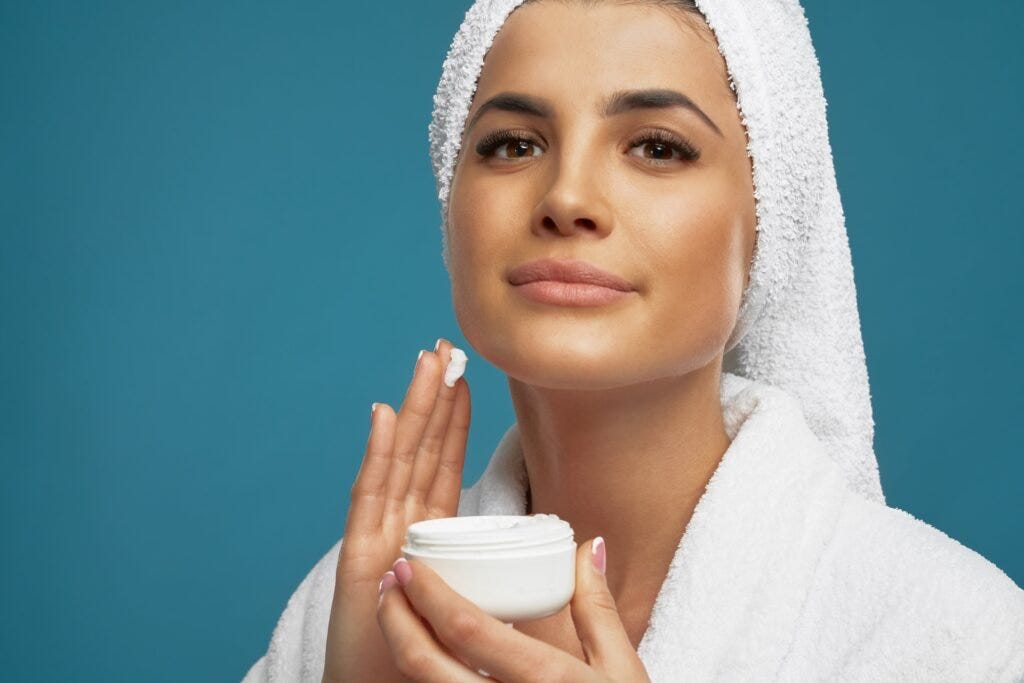
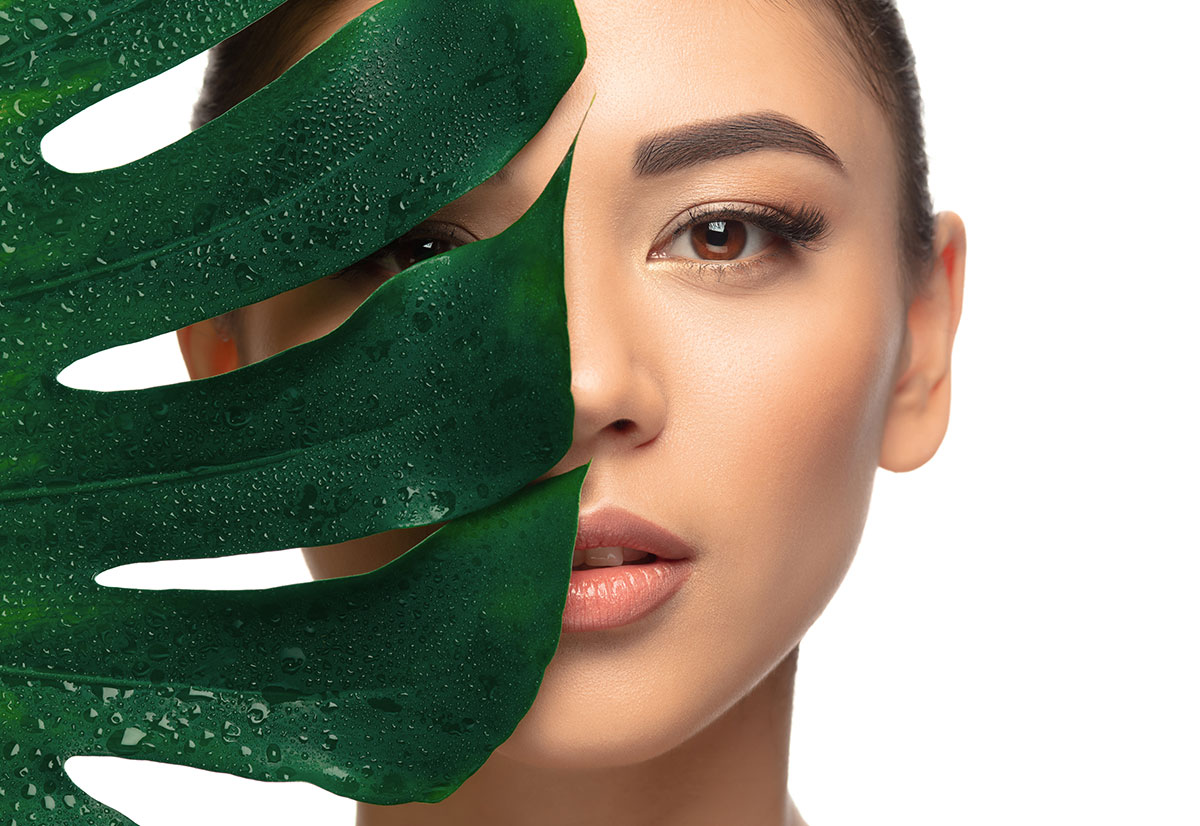


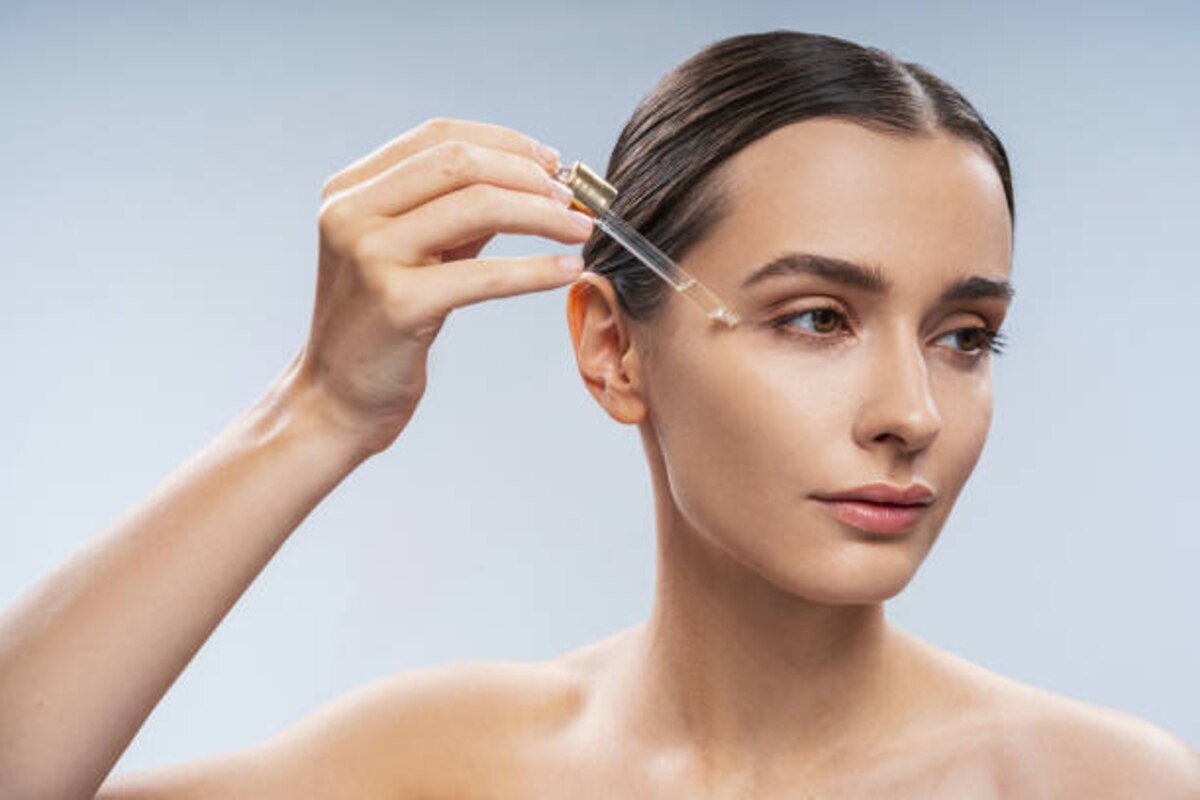
Closure
Thus, we hope this article has provided valuable insights into Unveiling the Secrets to Radiant Skin: Top 5 Beauty Products for a Glowing Complexion. We hope you find this article informative and beneficial. See you in our next article!